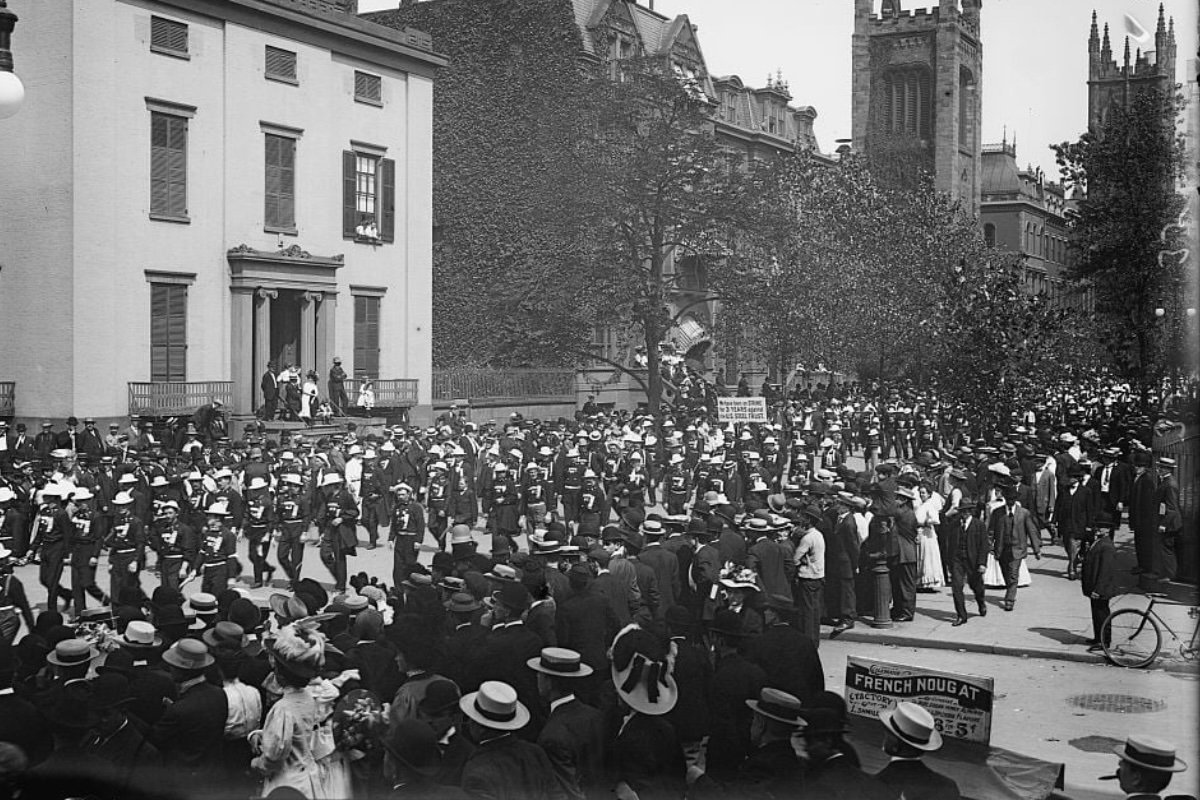
"Petitions for union elections with the National Labor Relations Board (NLRB) doubled from 2021 to 2025. Workers have formed their first-ever unions at big companies, including Amazon, Starbucks, Trader Joe's, and REI. And people in the United States support unions more now than they have in decades: 70 percent of those surveyed in a Gallup poll approve of labor unions, the highest since 1965."
"Overall, 9.9 percent of US workers in 2024 were union members, with the private sector membership at 5.9 percent. The fact is that organizing a union remains risky. A few years ago, an EPI report found that pro-union workers were illegally fired in nearly one in five union election campaigns. Even when workers vote in favor of a union, management recalcitrance often impedes them from securing a first contract. For example, workers at the big companies mentioned above are all still negotiating their first contracts."
"For instance, SpaceX, Trader Joe's, and Starbucks have filed lawsuits in an effort to get the US Supreme Court to declare the National Labor Relations Act-the foundational labor law of 1935-unconstitutional. So, how can labor turn the tide? Why Should We Care About Unions? The roughly 90 percent of US workers who are not union members may wonder why they should be concerned."
Worker organizing activity has increased, with NLRB union-election petitions doubling from 2021 to 2025 and first-ever unions formed at Amazon, Starbucks, Trader Joe’s, and REI. Public approval of unions reached 70 percent in a Gallup poll, the highest since 1965. EPI research found more workers curious about unions and fewer opposed, and research suggests up to 60 million workers would join unions if able. Despite rising interest, unionization rates fell to 9.9 percent overall and 5.9 percent in the private sector in 2024. Organizing remains risky, with illegal firings reported in nearly one in five campaigns and employer resistance delaying first contracts. Legal challenges seek to undermine the National Labor Relations Act, threatening worker protections.
Read at Non Profit News | Nonprofit Quarterly
Unable to calculate read time
Collection
[
|
...
]